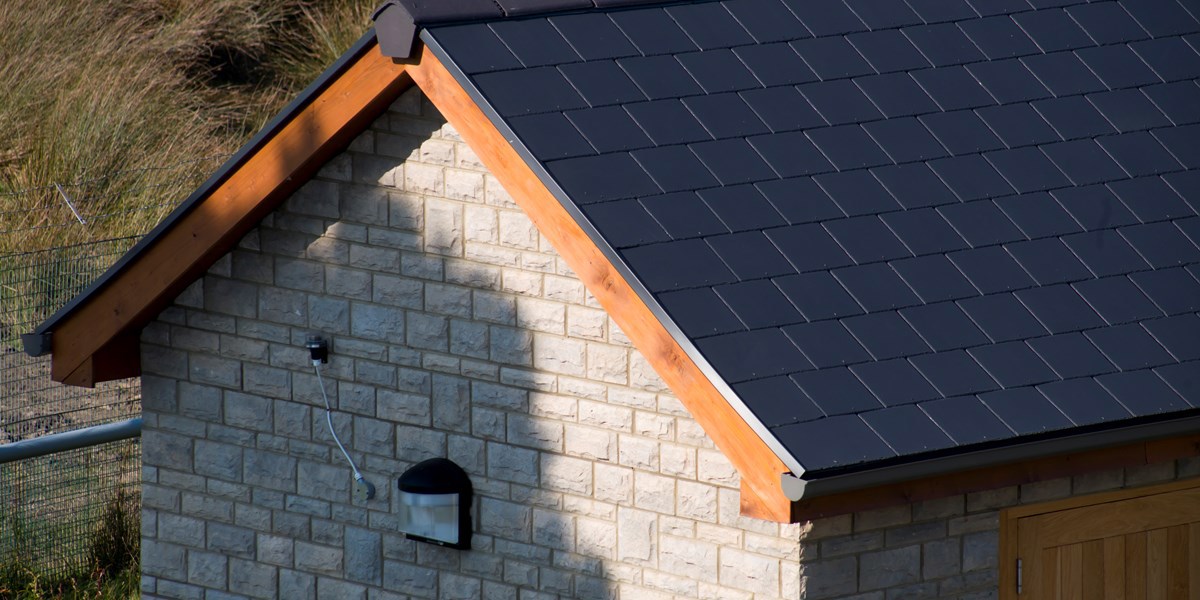If the time has come to give your home a new roof, it is important to check the local planning rules. Depending on the extent of your roof renovation, different formalities are required. Our tips show you the way.

Start on time
Good preparation is key to a successful renovation project. A call or a visit to your town’s planning office is a good start of your renovation. They can give you information about:
- the specific in your area,
- the need for planning permission (or not) for your renovation,
- the procedures to follow.
Start well in advance because, depending on the procedures, it can take quite some time to get an official green light. Also start contacting potential roofing or building companies early in the process, as they can be very busy. And we recommend comparing as this can save you quite some costs.

Different formalities for different cases
Building authorities have put down rules for renovation works. These are meant to safeguard the quality and coherence of constructions in line with policies and the environment. Your country or region most likely has a building code and the municipalities usually also specify some design requirements per area. This means that there can be stipulations regarding your roof colour, design, covering etc.
As a rule of thumb, the smaller the changes to your building, the easier the formalities. But, as said before, always check with your local administration for the rules in your specific case.
- For simple or partial renovation works, i.e. fixing some broken slates or tiles, you usually do not need to ask any permission.
- For major changes to your roof, i.e. changing the pitch, lifting the roof, modifying the design, you virtually always need planning permission.
- For full roof renovations that don’t change the look of your building, or if you only change the roofing material (e.g. changing from tiles to slates), you probably do not need to gain permission, but you might need to ‘declare the works’ in some places.
- Additions to your roof such as roof windows, dormer windows, are trickier. Depending on the size, you would need to ask for planning permission, declare the works or not at all.
So, always ask your local building authorities to be sure. But professional roofers are also aware of the possibilities and limitations for your renovation and can help you with the formalities.

Urbanistic and environmental considerations
Based on your declaration of renovation works or your building permit request, the building authorities can assess if your project fits with the regulations, before you start the work. Also note that permits are only valid for a limited time, so you should start the works within that validity period. A renovation also increases the value of your property, which in some cases has consequences on the real-estate tax you pay.
Besides the urbanistic and financial considerations, some countries also specify a minimum energetic performance level when you renovate your roof. Efficient insulation contributes to the climate ambitions of your country, because it takes less energy to heat or cool well-insulated buildings. And even if thesestipulations make your renovation more expensive, they will also be beneficial for your energy bill.
Check if there are subsidies or green loans for these environmentally-friendly investments.

Advantages of fibre cement slates for your roof renovation
Your roof protects your home and largely determines the quality and value of it. So when renovating your roof, you want to opt for durable materials that fit your budget. Fibre cement slates are an innovative solution for any roof. They are light but robust, and they come in a nice range of colours, formats and finishings.
Discover what Cedral fibre-cement slates can do for your home.
Let our professionals install your Cedral facade
Get a quick price estimate and connect with your local certified Cedral Select Professional installer to arrange professional installation.